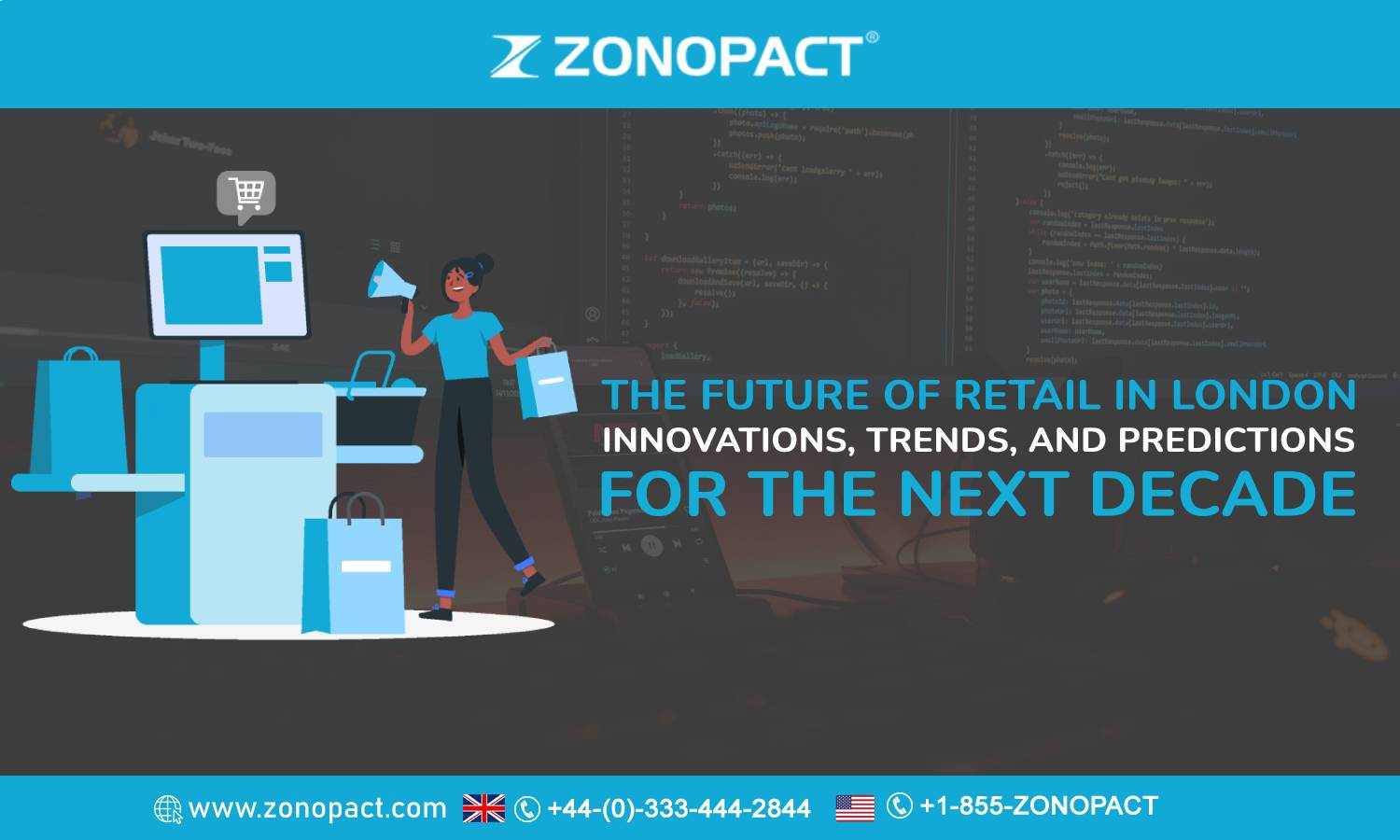
The retail industry in London has always been a dynamic and ever-evolving sector. It has been a hub of innovation and creativity, with retailers constantly searching for new ways to attract customers and improve their shopping experiences. However, in recent years, the industry has undergone a significant transformation, largely due to the emergence of new technologies, changing consumer preferences, and the impact of the COVID-19 pandemic. As a digital marketing specialist, I have been closely monitoring the trends and innovations that are shaping the future of retail in London. In this article, I will explore some of the most exciting developments that are set to reshape the retail landscape in the next decade.